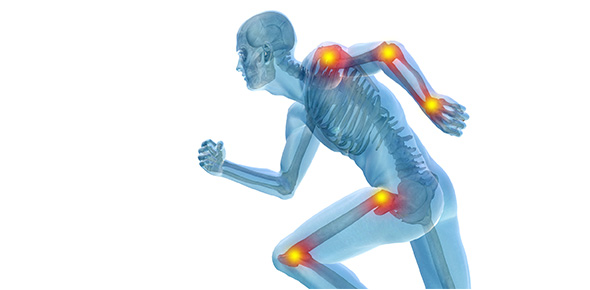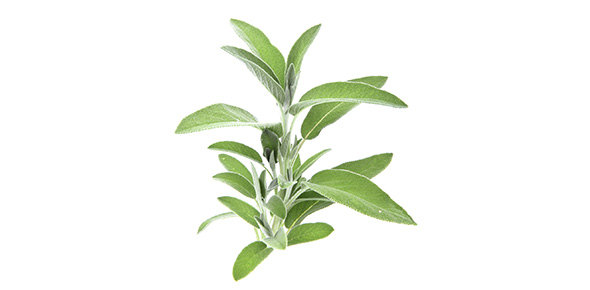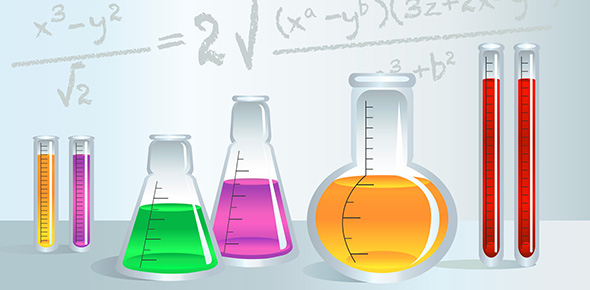Related Flashcards
Related Topics
Cards In This Set
| Front | Back |
|
Øany
act performed with the goal of benefiting another person.
|
Prosocial behaviour
|
|
is the desire to help another
person even if it involves a cost to the helper
|
Altruism
|
|
ØEvolutionary
psychology suggests
that prosocial
behaviour
occurs in part because of:
|
- kin selection - norm of reciprocity - social norms
|
|
Ø(behaviour
that helps a genetic relative is favoured
by natural selection).
|
Kin selection
|
|
Ø(the expectation that helping
others will increase the likelihood that they will help us in the future).
|
- norm of reciprocity
|
|
Ø(the ability to learn social norms,
e.g. altruism, has survival advantage)
|
Social norms
|
|
ØSocial
exchange theory argues that altruistic behaviour:
|
ØCan be based on self-interest.
ØStems from the desire to maximize
our outcomes and minimize our costs.
|
|
ØSocial
exchange theory argues that the rewards of helping include:
|
ØInvestment in the future (someday
someone will help you when you need it)
ØRelieve the distress of the
bystander
ØSocial approval/increased
self-worth
|
|
Øis
defined as the ability to put ourselves in the shoes of another person,
experiencing events and emotions the way that person experiences them.
|
Empathy
|
|
Øsuggests
that, if a person feels empathy towards another person, the person will help
her/him when help is needed, regardless of what the person has to gain.
|
- empathy-altruism hypothesis
|
|
Ørefers
to the aspects of a person’s makeup that are said to make him or her likely to
help others in a wide variety of situations.
|
Altruistic personality
|
|
Men are more likely to...
|
To perform chivalrous and heroic acts
|
|
Women are more likely to...
|
Be helpful in long term relationships that involve greater commitment
|
|
In all cultures people are more likely to...
|
help
a member of their in-group, the
group with which an individual identifies and of which s/he feels a member.
|
|
In all cultures people are less likely to
|
Øhelp a member of an
out-group, a
group with which the individual does not identify.
|






